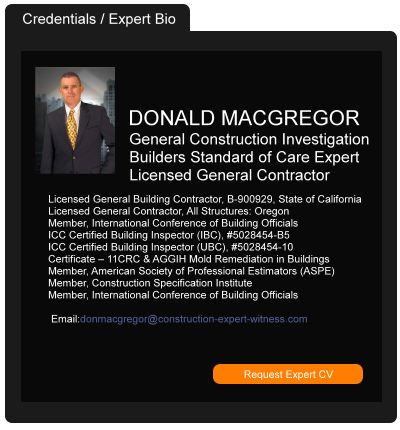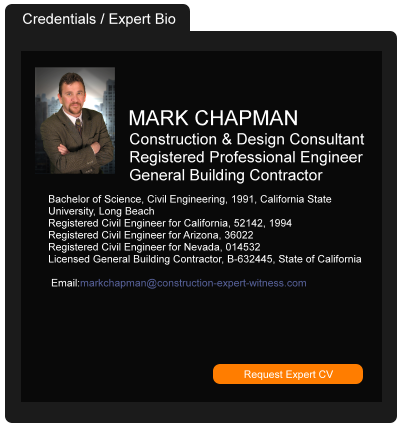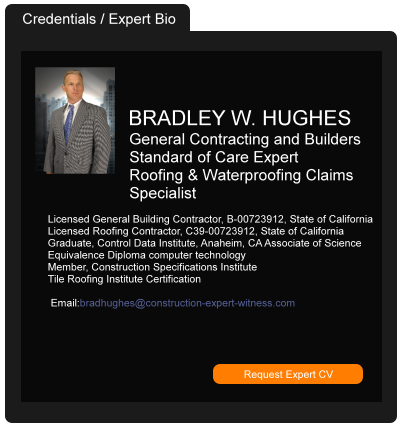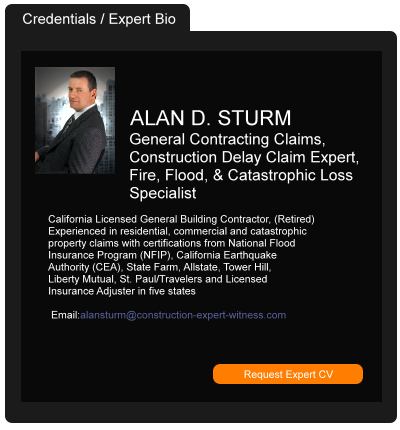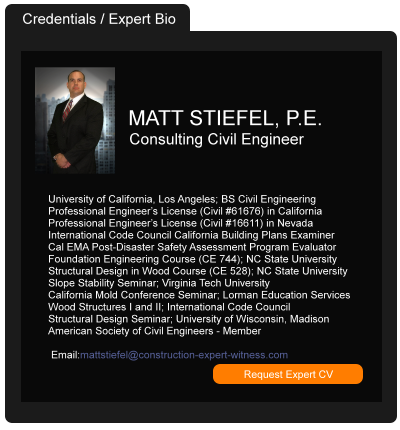Chambers USA 2022 Ranks White and Williams as a Leading Law Firm
July 18, 2022 —
White and Williams LLPWhite and Williams is once again recognized by Chambers USA as a leading law firm in Pennsylvania for achievements and client service in the areas of insurance law and real estate finance law. The firm has also been recognized for achievements and client service in banking and finance law in Philadelphia and the surrounding area. In addition, seven lawyers received individual honors: two for their work in insurance, two for their work in real estate finance, another for his work in real estate, one for her work in bankruptcy and restructuring and one for his work in commercial litigation.
White and Williams is acknowledged for our renowned practice offering expert representation to insurers and reinsurers across an impressive range of areas including coverage, bad faith litigation and excess liability. The firm is recognized for notable strength in transactional and regulatory matters, complemented by the team's adroit handling of complex alternative dispute resolution proceedings. Chambers USA also acknowledged the firm's broad trial capabilities include handling data privacy, professional liability and toxic tort coverage claims. White and Williams’ lawyers have further expertise in substantial claims arising from bodily injury and wrongful death suits.
Read the court decisionRead the full story...Reprinted courtesy of
White and Williams LLP
Edward Beitz and William Taylor Recognized by US News – Best Lawyers as a "Lawyer of the Year"
August 31, 2020 —
Edward Beitz & William Taylor - White and WilliamsWhite and Williams is proud to announce that Edward Beitz and William Taylor have been recognized by U.S. News – Best Lawyers® as a “Lawyer of the Year” in their respective practices in Philadelphia. Ed was named in the area of Medical Malpractice and Bill was named in Construction Law. "Lawyer of the Year" recognitions are awarded to individual lawyers with extremely high overall peer-feedback for a specific practice area and geographic location.
Ed is a member of the Healthcare Group and focuses his practice on medical malpractice defense, defending doctors, nurses, physician assistants and hospitals at the trial and appellate court levels, as well as general liability matters. He has successfully defended numerous medical malpractice cases at trial involving complex issues of the human anatomy, such as cardiac surgery, neurosurgery, orthopedic surgery, nursing care, obstetrical complications, nerve injury and vascular injury. Ed has authored briefs on appellate issues in healthcare and coverage matters to the Superior Court of Pennsylvania, the New Jersey Appellate Division and the Third Circuit Court of Appeals.
Reprinted courtesy of
Edward Beitz, White and Williams and
William Taylor, White and Williams
Mr. Beitz may be contacted at beitze@whiteandwilliams.com
Mr. Taylor may be contacted at taylorw@whiteandwilliams.com
Read the court decisionRead the full story...Reprinted courtesy of
If Passed, New Bill AB 2320 Will Mandate Cyber Insurance For State Government Contractors
September 07, 2020 —
Makenna Miller & Jeffrey Dennis - Newmeyer DillionEarlier this year, Assemblyman Edwin Chau (D-Monterey Park) introduced Assembly Bill 2320. AB 2320, if passed, would require any business that contracts with the state and has access to records containing personal information protected under the state’s Information Practices Act (IPA) to maintain cyber insurance coverage. Information covered under the IPA includes names, social security numbers, physical descriptions, home addresses, home telephone numbers, education, financial matters, and medical or employment history. Requiring contractors to maintain cyber insurance will likely both shift the costs of cyberattacks from taxpayers to the private sector, while also encouraging robust cyber security practices among businesses of all sizes. While the bill has not yet passed, businesses will be best served by implementing and improving cybersecurity practices now in order to attain lowest premium rates in the future.
Incentivizing Best Practices
With the adoption of AB 2320, businesses will be incentivized to increase their security posture in order to receive lower premiums from insurers. Simultaneously, insurers will be incentivized to mandate best practices from their insureds in order to mitigate their risk of having to pay out on cyber insurance policies. Thus, cyber insurance will work as a vehicle to increase best practices in businesses and subsequently decrease vulnerabilities to cyberattacks.
Reprinted courtesy of
Makenna Miller, Newmeyer Dillion and
Jeffrey Dennis, Newmeyer Dillion
Ms. Miller may be contacted at makenna.miller@ndlf.com
Mr. Dennis may be contacted at jeff.dennis@ndlf.com
Read the court decisionRead the full story...Reprinted courtesy of
Asbestos Client Alert: Court’s Exclusive Gatekeeper Role May not be Ignored or Shifted to a Jury
February 07, 2014 —
Lee Marshall and Chandra L. Moore - Haight Brown & Bonesteel, LLPIn Estate of Henry Barabin v. AstenJohnson, Inc., - F.3d -, 2014 U.S. App. LEXIS 774, 2014 WL 129884 (9th Cir., Jan. 15, 2014) en banc, the Ninth U.S. Circuit Court of Appeals vacated a $10.2 million judgment in the Plaintiffs’ favor in a case where Plaintiff alleged that occupational exposure to asbestos from dryer felts caused his mesothelioma. The Ninth Circuit held that the district court abused its discretion by neglecting its duty as a “gatekeeper” under Daubert v. Merrell Dow Pharms., 509 U.S. 579, 113 S. Ct. 2786, 125 L. Ed. 2d 469 (1993), and Federal Rule of Evidence 702, by improperly admitting expert testimony at trial without first determining its reliability. The en banc court held that admitting the testimony on the debated theory that “each asbestos fiber causes mesothelioma” was prejudicial error and the court remanded the case for a new trial. The court also held that a reviewing court has the authority to make Daubert findings based on the record established by the district court, but in the instant case, the record was “too sparse” to determine whether the expert testimony was relevant and reliable or not.
This ruling is a victory for the defense in that it reaffirms the federal court’s exclusive gatekeeper role and holds that the role may not be ignored or shifted to a jury. Unfortunately, the court did not go so far as to evaluate the inherent reliability of expert opinions based on the theory that “each asbestos exposure causes mesothelioma.” As such, it did not provide guidance as to what specific foundational requirements are required to admit, or exclude, these types of opinions under a Daubert analysis.
In Barabin, Plaintiff alleged he was exposed to asbestos while working at a paper mill with dryer felts manufactured and supplied by Defendants. The issue was whether the dryer felts substantially contributed to Barabin’s development of mesothelioma, a determination that required expert testimony.
Reprinted Courtesy of Lee Marshall, Haight Brown & Bonesteel, LLP and
Chandra L. Moore, Haight Brown & Bonesteel, LLP
Mr. Lee may be contacted at lmarshall@hbblaw.com and Ms. Moore may be contacted at cmoore@hbblaw.com.
Read the court decisionRead the full story...Reprinted courtesy of
Quarter Four a Good One for Luxury Homebuilder
December 20, 2012 —
CDJ STAFFToll Brothers has announced that their fourth-quarter net income is $2.35 per share, which they attribute in part to an income tax benefit. Their revenue, at $632.8 million, easily exceeded analysts’ projections of $565.1 million. Additionally, their number of signed contracts jumped seventy percent while their cancellation rate dropped nearly half to 4.9 percent.
Read the court decisionRead the full story...Reprinted courtesy of
Structural Engineer Found Liable for Defects that Rendered a Condominium Dangerously Unsafe
June 22, 2016 —
Paul R. Cressman, Jr. – Ahlers & Cressman Construction Law BlogOn May 3, 2016, the Washington State Court of Appeals affirmed a jury’s verdict in favor of a condominium HOA against a structural engineer for $1,149,332 in damages.[1]
The project in question was The Pointe, an upscale condominium building in Westport, Washington. The developer was Dodson-Duus, LLC. The architect was Elkins Architects (“Elkins”). The structural engineer was Engineers Northwest, Inc. (“ENW”). ENW contracted with Elkins for the structural engineering work.
Birds flying past 3 construction cranesBoth the design and construction of the building suffered from defects. In particular, the lateral force resistance system was insufficient to withstand a large seismic event. The defects included improperly nailed shear walls, weak connections between shear walls and floor joists, improperly-sized floor sheathing, a weak second-floor diaphragm, and omitted hold-downs connecting shear walls to a steel beam. The use of gypsum sheathing also created a risk of corrosion to the building’s steel structure. Evidence tied each of these defects to some aspect of ENW’s structural calculations and designs. Evidence also tied omission of the hold-downs to the contractor’s construction decisions.
Read the court decisionRead the full story...Reprinted courtesy of
Paul R. Cressman, Jr., Ahlers & Cressman PLLC Mr. Cressman may be contacted at
pcressman@ac-lawyers.com
Not If, But When: Newly Enacted Virginia Legislation Bans “Pay-If-Paid” Clauses In Construction Contracts
August 22, 2022 —
Joseph A. Figueroa & Thomas E. Minnis - ConsensusDocsRecently passed legislation in Virginia is likely to dramatically change contractual relationships between prime contractors and subcontractors in the Commonwealth. Abrogating well-established common-law principles set forth by the Supreme Court of Virginia, on April 27, 2022, the Virginia General Assembly, after receiving input from Virginia Governor Glenn Youngkin, passed Senate Bill 550 banning “pay-if-paid” clauses in public and private construction contracts. Contractors performing work in Virginia should take note of the new law, which goes into effect next year and will apply to any contracts executed after January 1, 2023.
The History Of Pay-if-Paid Clauses In Virginia
Broadly speaking, “pay-if-paid” clauses are a commonly used tool by prime contractors on construction projects to shift the risk to subcontractors in the event that the owner does not pay the prime contractor for work. Such clauses usually include language creating an express condition precedent to the subcontractor’s right to be paid for work under a subcontract, stating that the prime contractor shall be under no obligation to pay the subcontractor for work unless and until the prime contractor first receives payment for that work by the project owner. The “pay-if-paid” clause also has a less extreme cousin, the “pay-when-paid” clause, which merely delays the time in which the prime contractor is obligated to pay the subcontractor to the time in which the prime contractor is paid by the owner. It does not, however, extinguish the prime contractor’s ultimate obligation to pay the subcontractor.
Reprinted courtesy of
Joseph A. Figueroa, Watt, Tieder, Hoffar, & Fitzgerald, LLP (ConsensusDocs) and
Thomas E. Minnis, Watt, Tieder, Hoffar, & Fitzgerald, LLP (ConsensusDocs)
Mr. Figueroa may be contacted at jfigueroa@watttieder.com
Read the court decisionRead the full story...Reprinted courtesy of
GAO Sustains Unsupported Past Performance Evaluation and Unequal Discussion Bid Protest
November 23, 2016 —
Lindsay K. Taft – Ahlers & Cressman PLLC Construction Law BlogRotech Healthcare, Inc., a healthcare contractor, recently successfully protested the award of a home oxygen and durable medical equipment contract by the Department of Veterans Affairs to Lincare, Inc. based on an unsupported past performance evaluation and allegations of an unequal discussion. See GAO Protest File Number: File: B-413024 (August 17, 2016). The Request for Proposals (“RFP”) provided that award would be made on a “best value” basis to the offeror whose proposal was most favorable to the government[…]
Read the court decisionRead the full story...Reprinted courtesy of
Lindsay K. Taft, Ahlers & Cressman PLLC Construction Law BlogMs. Taft may be contacted at
ltaft@ac-lawyers.com























































